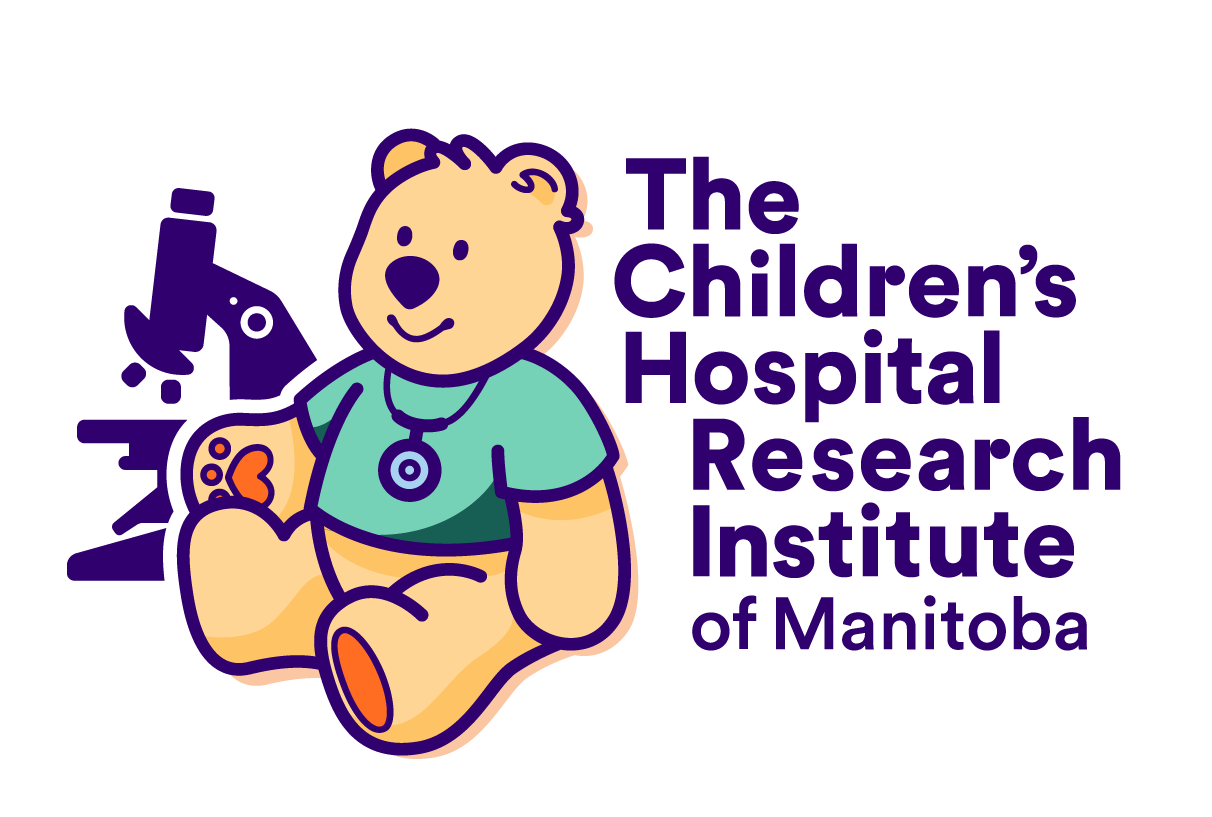Facts about Food Allergies
Food allergies affect 4-8% of children worldwide. In Canada, about 7% of children have a food allergy, and an estimated one out of every two people knows someone with a food allergy. People can be allergic to almost any food.
There are 11 priority allergens in Canada. Milk and egg allergies are the most common in infants, although many children will develop a tolerance, or outgrow their allergy. Other allergies, such as peanuts and tree nuts, commonly appear in infancy/childhood, but few children will develop a tolerance. Food allergies typically require strict avoidance – steering clear of traces of the food, as well as other foods that may have cross-contaminated with the allergenic food.

Allergic reactions from food can range from mild (itchy nose, itchy skin, stomach upset), to moderate or severe (including, but not limited to a fast drop in blood pressure, fainting, stop breathing), and anaphylaxis. Anaphylaxis often occurs quickly, and is a potentially fatal reaction to something that the body cannot tolerate, such as a specific food. Although anaphylaxis deaths are very rare, it is important to know how to treat anaphylaxis – with epinephrine (commonly an EpiPen ®) – when it is first suspected.
It may be helpful to remember the acronym, FAST, to recognize symptoms of anaphylaxis:

F: Face (hives, swelling, itching, redness of the face, tongue or lips);
A: Airways (trouble breathing, swallowing or speaking, nasal congestion, sneezing);
S: Stomach (pain, vomiting, diarrhea);
T: Total Body (hives, itching, swelling, weakness, dizziness, sense of doom, loss of consciousness).

Allergy-Safe Recipe
Families who manage food allergies commonly prepare most of their own snacks. Here’s one sweet treat that the kids can help make, and that is free of all priority allergens. But, always remember to read product labels to double-check ingredients before purchasing, and again before storing the ingredients at home and using them to prepare food!


COVID-19 and Food Allergies
With the COVID-19 pandemic, parents often have a lot more questions than answers, especially when it comes to their child’s food allergy. Luckily, thanks to researchers right here in Manitoba and around the world, we are learning quickly about the virus and how it relates to allergy and asthma.
Below, we’ve included some fantastic resources from the Children’s Allergy and Asthma Education Centre, to answer your questions and guide you and your family through this challenging time.

